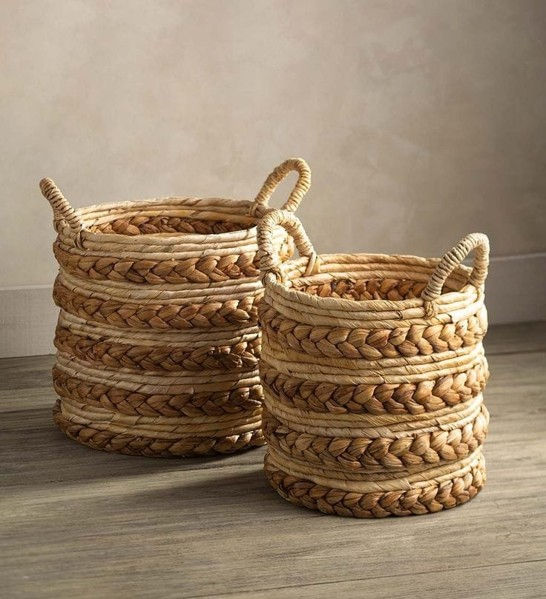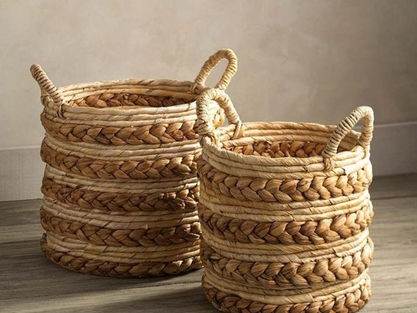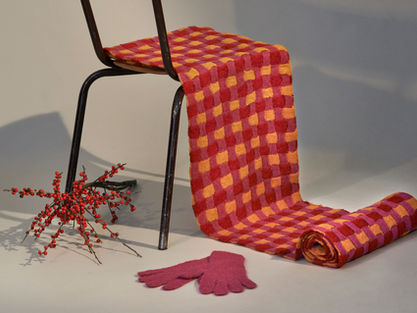Classifications of Wool
- Knit-Lab Peru

- 28 oct 2025
- 3 Min. de lectura
You’ve likely heard the term “super” in wool classification, but do you know its meaning? Understanding wool grading, micron measurements, and fabric collections is crucial for selecting the perfect suit. Whether you're exploring different grades for personal use or sourcing materials for production, working with a trusted wool supplier ensures access to high-quality fibers suited to your needs.
You’ve likely heard the term “super” in wool classification, but do you know its meaning? Understanding wool grading, micron measurements, and fabric collections is crucial for selecting the perfect suit. Whether you’re sourcing materials for a brand or looking for high-quality wool, choosing the right wool supplier ensures access to premium fibers that match your needs. From medium grades for daily wear to very high grades for special occasions, each offers a unique blend of quality, durability, and luxury.

Grades of Wool
“The term ‘super’ refers to the diameter of yarn fibers in fabric weaving, originally categorized by British wool merchants as ‘low,’ ‘medium,’ ‘fine,’ and ‘super,’ with the latter representing the finest quality. Higher Super Numbers indicate thinner wool fibers, creating a lighter fabric with a smoother feel. Although this results in a more delicate texture, it may affect durability.
When it comes to choosing wool grades for different occasions, it’s important to consider the specific qualities of each grade:
Medium grades (70 to 100) strike a balance between quality and durability, making them ideal for everyday wear.
High grades (100 to 130) provide a soft and polished look, making them perfect for special occasions. However, they do require a bit more care.
Very high grades (above 140) are extremely fine and luxurious, but they demand extra attention and should be reserved for those truly special moments due to their delicate nature and susceptibility to wear in high-pressure areas.
You might also like: Artisan knitting vs Industrial knitting
Microns
A micron, or micrometer, represents one millionth of a meter. When it comes to wool, the micron measurement indicates the fineness of the fibers. For instance, an 18.5 micron wool, often referred to as Super 100, has fibers that are 18.5 millionths of a meter across.
The Super numbers correspond to specific micron ranges, and they typically decrease in increments of ten:
Super 100’s: μm 18.75
Super 110’s: μm 18.25
Super 120’s: μm 17.75
Super 130’s: μm 17.25
Super 140’s: μm 16.75
Super 150’s: μm 16.25
Super 160’s: μm 15.75
Super 170’s: μm 15.25
Super 180’s: μm 14.75
Super 190’s: μm 14.25
Super 200’s: μm 13.75
Merino wool is generally less than 24 μm. The finest ever produced comes from New Zealand, measuring as low as 10.9 microns. Described as having fibers so fine they resemble strands of cobwebs, the wool exhibits minimal crimp, barely visible to the naked eye.
So what is best? Low, medium or high microns?
The “best” micron range depends on your specific needs and preferences. Lower microns, typically found in high-grade wool (such as Super 130’s and above), offer finer fibers that result in a smoother and softer fabric.
On the other hand, medium-grade wool (around 70 to 100 microns) strikes a balance between quality and durability, making it suitable for everyday wear. The choice between low, medium, or high microns ultimately depends on factors like the intended use of the fabric, personal style, and desired level of comfort and durability.

Types of wool
To further evaluate wool and wool products, familiarity with the following classifications is necessary.
Virgin Wool vs. New Wool: these terms mean the same thing, wool that is shorn from the living sheep and has never been part of another product. One of the great advantages of wool is that it is recyclable and has a long life cycle. But for this reason, a distinction is made between new wool and wool that has been recycled.
Pure New Wool: it refers to the content of a product consisting of 100% new (or virgin) wool.
Organic wool: it covers many areas from the way sheep are bred, fed & managed on the farm to the wool processing plants around the world.
At Knit-Lab Peru, we specialize in handcrafted and custom knitwear. Using the finest sustainable materials, we deliver high quality products worldwide. Contact us today to start creating premium knitted garments for your brand!















Comentarios